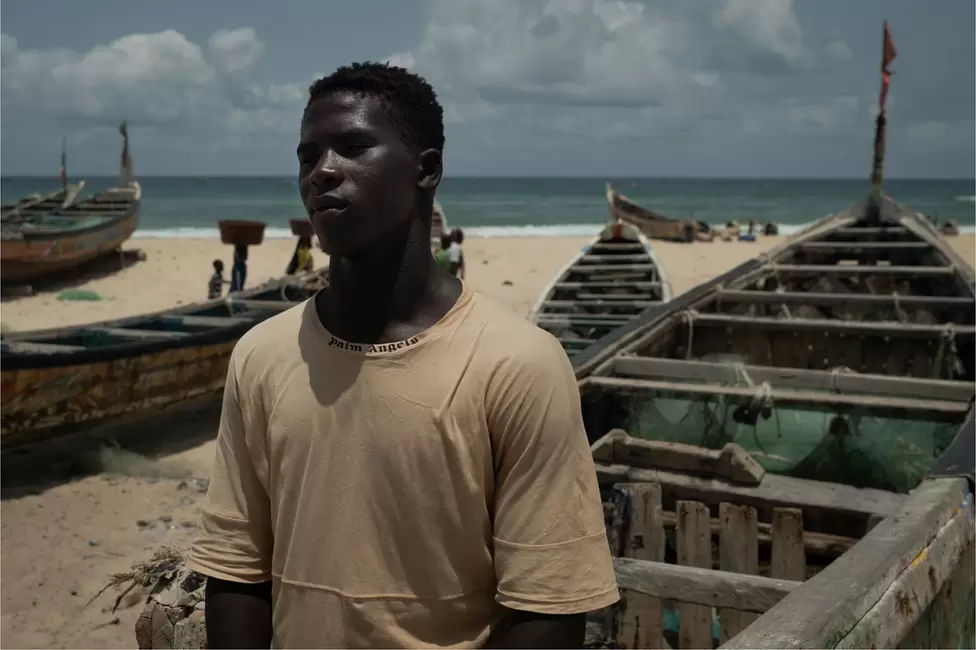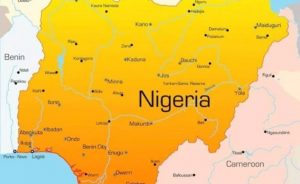Ethiopia: False Claims, Real Stakes – Why Ethiopia Should Refute Trump’s Recent Remarks About GERD

Addis Abeba — In a recent and provocative statement, U.S. President Donald Trump falsely claimed that “America funded the Grand Ethiopian Renaissance Dam (GERD)” and that the dam “has cut off water from the Nile River” and “reduced Egypt’s water supply.” In a post on Truth Social, Trump wrote, “…..I won’t get a Nobel Peace Prize for keeping peace between Egypt and Ethiopia (a massive Ethiopian-built dam, stupidly financed by the United States of America, substantially reduces the water flowing into the Nile River)…………” He made the remark while enumerating reasons he believes he deserves a Nobel Peace Prize.
This remark was not merely a characteristic outburst; it was a profoundly illogical and dangerously irresponsible assertion. Moreover, it reflects a deliberate attempt to inflame geopolitical tensions in the Nile Basin by weaponizing misinformation for political gain. Trump’s comment was both dangerously misinformed and deeply reductive. It glossed over a highly complex and sensitive issue while evoking echoes of colonial-era power dynamics–supporting Egypt in return for its alignment with Israel against Iran, with Ethiopia cast as a pawn to be coerced. This kind of political theater is hardly new, yet its broader implications for Ethiopia’s sovereignty and regional stability are too often overlooked.
The GERD is far more than a mere infrastructure project. It stands as Africa’s largest hydropower initiative and serves as a symbol of local development, energy sovereignty, and continental pride. Initiated in 2011 with an initial cost estimate of 80 billion birr, the GERD was constructed without foreign assistance, relying primarily on domestic resources and the collective contributions of the Ethiopian people.
Recently, Prime Minister Abiy Ahmed announced the completion of the GERD water filling process, stating that it has now reached full capacity without affecting Egypt’s Aswan Dam. “Now GERD is 100% full, the same as the Aswan Dam,” he said. The Prime Minister further noted, “I told President Sisi that during the filling of the GERD, the Aswan Dam would not lose a single liter of water.”
Such assurances have been consistently reiterated by Ethiopian authorities over the years, underscoring that the GERD’s operation will not inflict any harm upon downstream countries like Egypt or Sudan. They have pointed to a carefully designed filling strategy and reiterated the project’s potential for shared regional benefits. Such context, however, is conspicuously absent from Trump’s remarks, which also risk undermining negotiations facilitated by the African Union. More troublingly, his comments threaten to revive zero-sum thinking in a region that can ill afford further polarization.
Trump’s recent remarks are not unprecedented. In 2020, he suggested Egypt might “blow up” the dam. Ethiopia swiftly denounced what it termed “belligerent threats” concerning the massive infrastructure project, responding just one day after the U.S. president claimed downstream Egypt would destroy a development it viewed as an “existential threat.”
Former Ethiopian Prime Minister Hailemariam Dessalegn also criticized President Trump’s statement on social media, posting on X (formerly Twitter): “Sorry to say, but the man doesn’t have a clue about what he is talking about. Ethiopia and Ethiopians will never be threatened by such irresponsible statements. History will teach everyone.”
In the realm of global power dynamics, silence can be mistaken for weakness.”
Today, while regional anxieties remain high, the official response has been notably subdued–except for a rebuttal from Dr. Aregawi Berhe, Director General of the Public Participation Coordination Office for the GERD. He directly addressed the claims made by the former U.S. president, asserting that “what we have known so far is that the GERD has been built by the Ethiopian people, through their wealth, labor, and skill, and financed entirely by the Ethiopian government.” He further noted, “This is largely a matter of international politics, and our response alone may not adequately address his claim–we would refer those seeking clarification to engage with the government.”
What’s at stake for Ethiopia?
The silence from senior government officials and political elites may be a deliberate strategy to avoid further inflaming an already tense situation or they may be overwhelmed by pressing domestic concerns. However, such restraint also risks being perceived as acquiescence. In the realm of global power dynamics, silence can be mistaken for weakness. Ethiopian officials must continue to assert the facts clearly, consistently, and diplomatically–without spin, but with conviction.
Trump’s remarks reflect a familiar geopolitical playbook: divide and conquer, exploit regional tensions, and position the United States as both arbiter of peace and architect of conflict. Yet the implications extend far beyond the waters of the Nile. Ethiopia holds significant influence in the region–it is a major power in the Horn of Africa, a key contributor to international peacekeeping missions, and a strategic partner in counterterrorism efforts. Undermining Ethiopia does not merely destabilize one nation; it threatens the broader security framework of the African continent.
Failure to counter Trump’s rhetoric risks emboldening foreign actors who pursue diplomacy with conditions attached. In this case, Trump appears to be leveraging Egypt’s support as a bargaining chip amid the ongoing crisis in the Middle East, using it to further Israel’s interests. This tangled web of international politics places Ethiopia at the heart of a precarious proxy dynamic–one that bears little relation to its own national priorities and long-term interests.
This moment calls for unified national resolve–transcending political affiliations, ethnic identities, and religious differences. The GERD must be regarded as a non-partisan, national priority. This is all the more urgent given the spread of disinformation and growing foreign interference, which reflect long-standing tactics designed to exploit internal divisions for external gain.
History has demonstrated that African nations are far less susceptible to manipulation when they present a united front. As a sovereign state, Ethiopia should strive to determine its own path to development–free from threats, distortions, or pressure from Western actors engaged in global power plays.
By Addis Standard.



